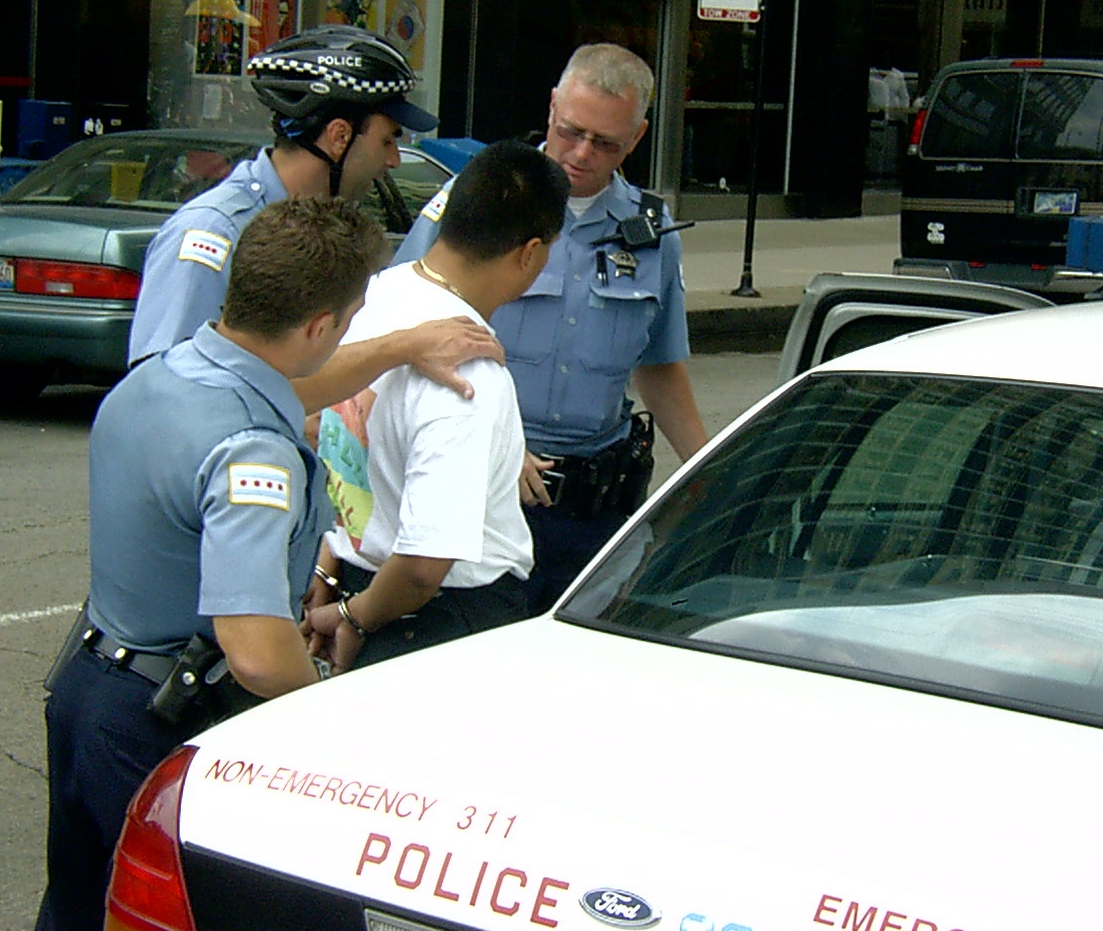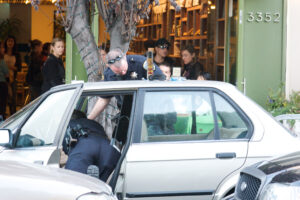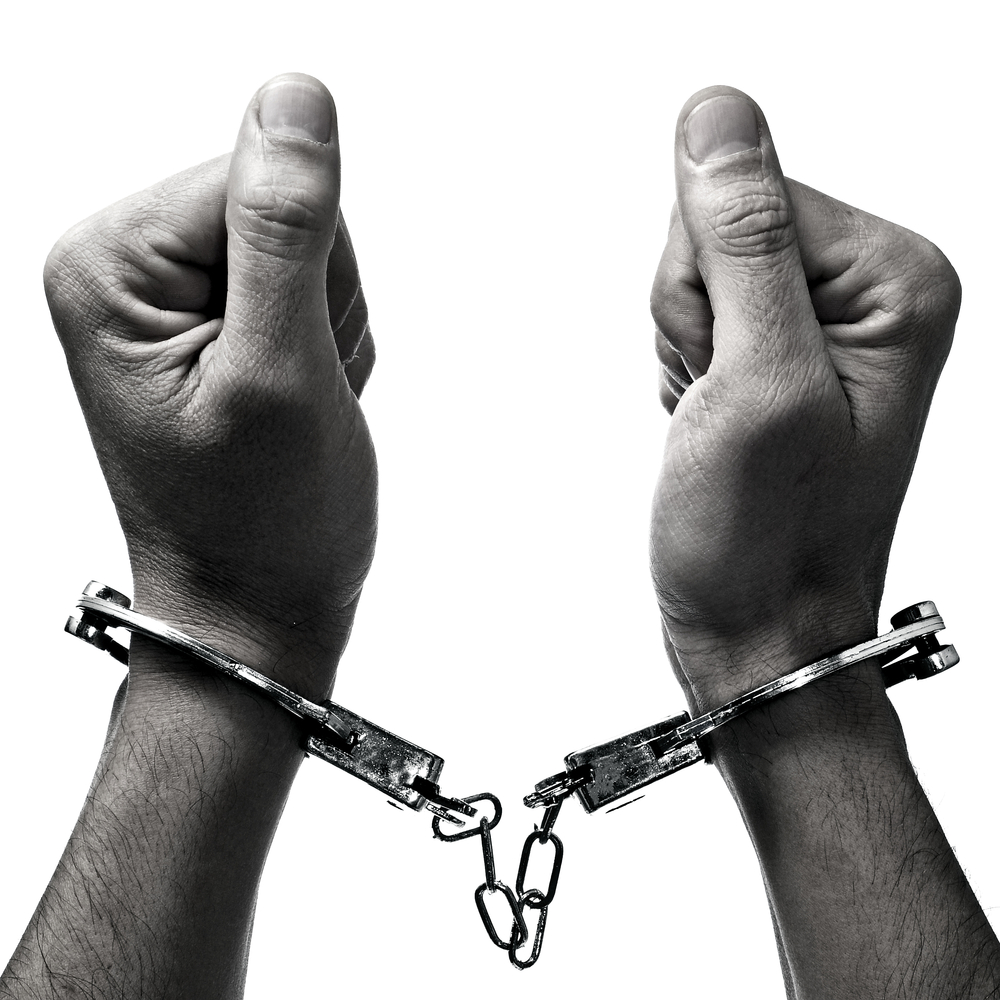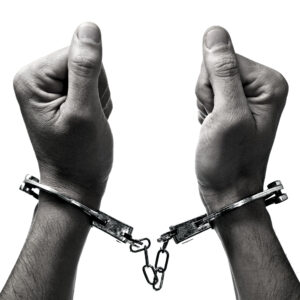
When you are ordered to perform community service, the judge will assign you a work site. The assignment is not random. Where you live, your past experience, physical limitations and even school/work schedule will be taken into consideration. By taking these things into consideration, the judge is giving you an added opportunity to make sure that your service is successful.
As part of your assignment, you will be told how many hours you are expected to perform. You will be required to submit time sheets on a weekly basis either to a probation officer or directly to the court. It is always suggested that you complete your hours well ahead of your next court date to be sure that your paperwork is in order.
It is also important to understand that it is not easy to get an extension if you need to more time to complete your hours. If there is something preventing you from completing your hours in a timely basis, it is recommended that you contact the courts as soon as possible. Typically, you will only be awarded an extension if you have fallen ill or injured.
If you have been arrested and charged with a crime in Orlando, you stand a very real chance of being put in jail. Without the right representation, you could be paying for your crime in a way that makes life hard on you and your family. With one of our lawyers on your side, you stand a better chance of securing community service.
Call our offices today if you need a criminal defense lawyer in Orlando. We will review the details of your case at no cost to you and advise you how to best proceed. Call us now.

 The way that you behave
The way that you behave  You are driving down any street in Florida. All of a sudden the familiar lights on top of a police cruiser are switched on and start whirling behind you. You have found yourself part of a traffic stop. But can the police legally search your car? Maybe and maybe not.
You are driving down any street in Florida. All of a sudden the familiar lights on top of a police cruiser are switched on and start whirling behind you. You have found yourself part of a traffic stop. But can the police legally search your car? Maybe and maybe not. Social media. It’s a time waster, a venue for venting, and a way to stay in touch with friends and family on the fly. Unfortunately for some, it is also a wealth of evidence that can be used in a court of law.
Social media. It’s a time waster, a venue for venting, and a way to stay in touch with friends and family on the fly. Unfortunately for some, it is also a wealth of evidence that can be used in a court of law. Some accidents are just that, accidents. One heart-breaking story like this happened in St. Petersburg. A girl about to turn 11 years old the next day was killed while riding her scooter.
Some accidents are just that, accidents. One heart-breaking story like this happened in St. Petersburg. A girl about to turn 11 years old the next day was killed while riding her scooter.

 Being investigated for a crime that you have committed is stressful, to say the least. Being investigated for a crime that you didn’t commit can be downright frightening. If you find yourself being investigated for a crime you didn’t commit, you must take steps to protect yourself immediately.
Being investigated for a crime that you have committed is stressful, to say the least. Being investigated for a crime that you didn’t commit can be downright frightening. If you find yourself being investigated for a crime you didn’t commit, you must take steps to protect yourself immediately.
 If you work in an office, chances are that you can expect a holiday party this season. While many of these are fun, they can also result in embarrassment if you don’t handle yourself correctly. In the worst cases, they can turn criminal.
If you work in an office, chances are that you can expect a holiday party this season. While many of these are fun, they can also result in embarrassment if you don’t handle yourself correctly. In the worst cases, they can turn criminal.